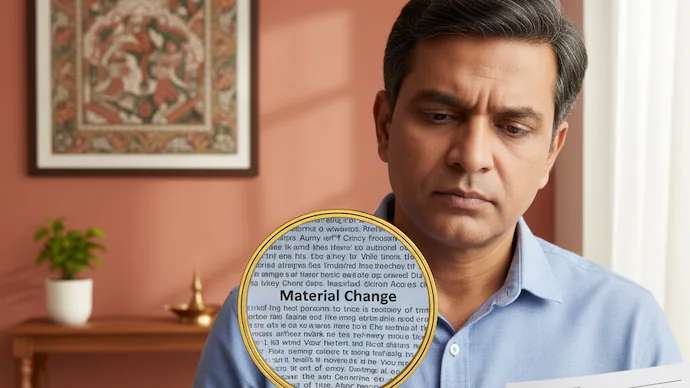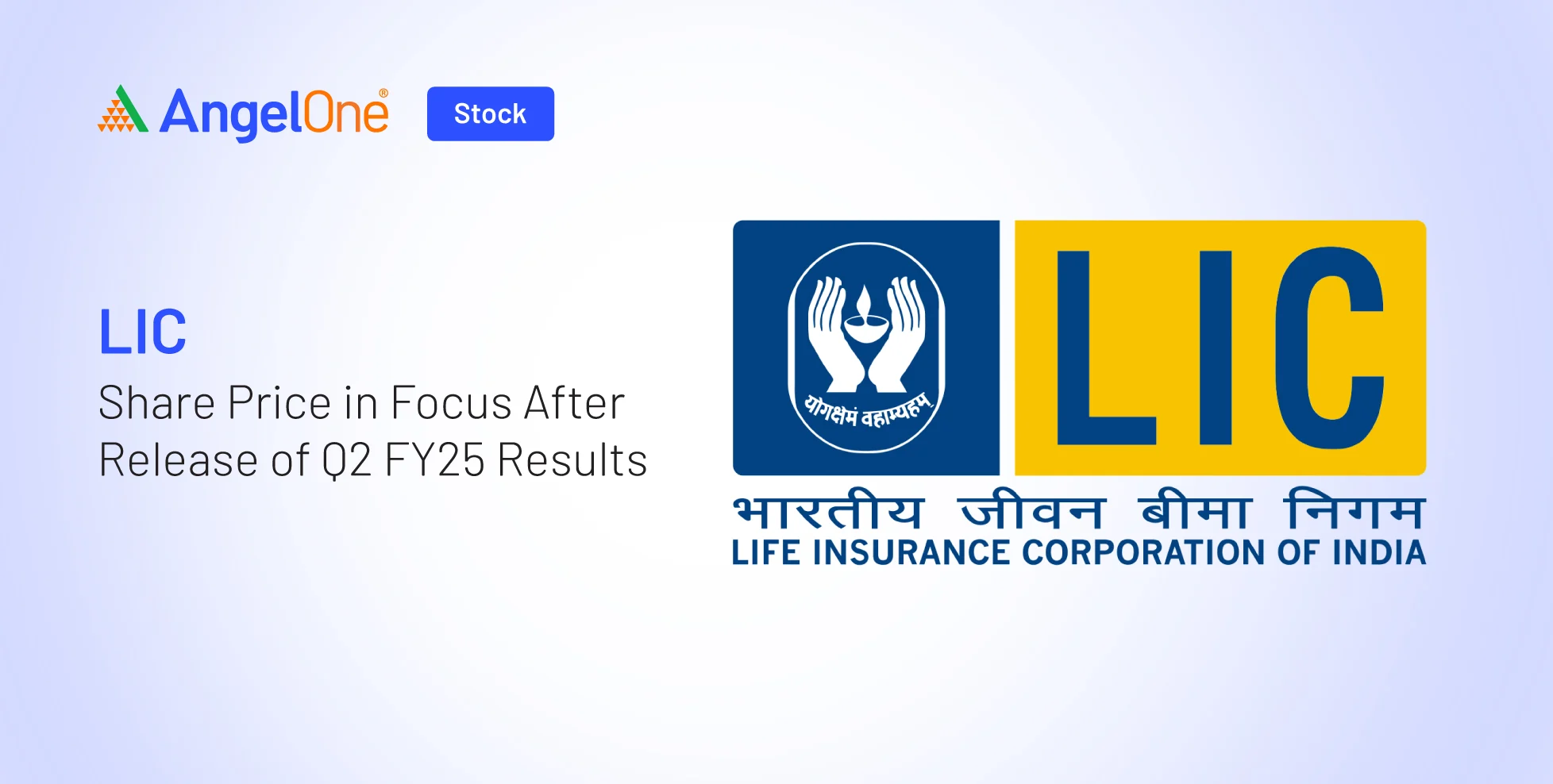A Shocking Insurance Fraud: In a bizarre and alarming case from Punjab’s Ferozepur district, a man was declared dead by his own relatives in an apparent attempt to fraudulently claim his life insurance money — even though he was very much alive. The elaborate scam involved forged death certificates, fake affidavits, and falsified documents purportedly signed by village officials to validate the claim. Authorities are now investigating the case, which has exposed significant loopholes in the verification process of insurance settlements in India.
The incident came to light earlier this month when Vishal, a resident of Kot Karor Kalan village, discovered that some of his relatives had allegedly produced false documents to prove his “death.” These forged papers were then submitted to the insurance company to initiate a claim process — a move that could have potentially led to a significant payout had it not been uncovered in time.
What makes the case even more disturbing is the fact that the accused did not stop at forging official documents; they even went so far as to produce signatures of another village sarpanch (head) to validate the fraudulent death report. This suggests that the conspiracy was not a spur-of-the-moment decision but a well-planned scheme designed to bypass scrutiny and cash in on Vishal’s life insurance policy.
Fraud Unravels: Sarpanch’s Suspicion Leads to Exposure
The scam began to fall apart on September 8, when the sarpanch of Kot Karor Kalan village — whose name has not been disclosed by authorities — reached out to Vishal’s relatives to confirm details about his supposed death. The sarpanch had heard conflicting accounts and wanted to verify the situation before officially recording the death in village records.
To his shock, Vishal’s family informed him that Vishal was alive and well. Realizing that a major fraud was underway, the sarpanch immediately notified the family about the suspicious activity. Subsequent inquiries revealed that several documents — including a death certificate, a slip mentioning the immersion of ashes, and a forged affidavit — had already been prepared and submitted as part of the insurance claim process.
Upon learning about this, Vishal himself approached the police on September 15 and filed a formal complaint against the individuals involved in orchestrating the fraudulent claim. So far, reports indicate that the insurance company has not settled the claim, likely due to irregularities noticed during the verification process.
Police Launch Investigation, Raids Underway
Following Vishal’s complaint, law enforcement authorities have launched a full-scale investigation into the matter. Ferozepur Senior Superintendent of Police (SSP) Bhupinder Singh Sidhu confirmed the development and assured that strict action would be taken against those responsible if the allegations are proven true.
“An investigation is underway. Teams have been formed and raids are being conducted to trace the accused. Appropriate action would be taken once the allegations are found true,” said SSP Sidhu.
Police sources indicate that the accused individuals are currently absconding, and search operations are ongoing. Preliminary findings suggest that more than one person was involved in forging the documents and attempting to submit the false insurance claim. Investigators are also exploring the possibility of collusion with local officials or intermediaries who may have helped prepare or certify the fake paperwork.
How the Fraud Was Carried Out: A Step-by-Step Breakdown
Insurance frauds of this nature often follow a pattern, and the case involving Vishal appears to be no exception. Here’s how the elaborate scheme was likely executed:
- Declaration of Death: The accused falsely declared Vishal dead, despite having no official medical confirmation or legal documentation of his demise.
- Forgery of Documents: They then created a fake death certificate, a slip claiming immersion of ashes, and a forged affidavit to present to authorities and the insurance company.
- Use of Fake Signatures: Signatures of a village head (sarpanch) from another village were allegedly forged to lend legitimacy to the documents.
- Submission for Claim: These falsified documents were then used to initiate a life insurance claim, likely amounting to several lakhs of rupees.
- Attempt to Withdraw Claim: Had the fraud gone undetected, the accused would have successfully received the payout, effectively stealing funds meant for legitimate beneficiaries.
Insurance Fraud in India: A Growing Concern
The case underscores a troubling trend in India’s insurance sector — the rise of fraudulent claims involving forged documents and false declarations. According to industry estimates, insurance fraud costs Indian insurers thousands of crores of rupees every year, with life insurance frauds making up a significant portion of that total.
In many instances, fraudsters exploit weak verification mechanisms, slow cross-agency coordination, and limited access to real-time death registries to execute scams. False death claims are particularly difficult to detect in rural or semi-urban areas, where official records may be incomplete or easier to manipulate.
Experts warn that such cases not only lead to financial losses for insurance companies but also drive up premium costs for honest policyholders. Moreover, they can delay legitimate claims, forcing grieving families to wait months — or even years — for payouts.

Legal Consequences of Filing a False Insurance Claim
Filing a fraudulent insurance claim is not just unethical — it’s a serious criminal offense under Indian law. Those found guilty can face multiple charges, including:
- Forgery (Sections 463–471 IPC): Punishable by up to 7 years in prison and fines.
- Cheating (Section 420 IPC): Punishable by up to 7 years in prison and/or fines.
- Criminal Conspiracy (Section 120B IPC): Punishable by imprisonment and fines based on the severity of the offense.
If convicted, the accused in Vishal’s case could face long prison terms and permanent disqualification from holding any future insurance policies.
Read about: Planette Launches Joro: A Next-Generation Forecasting Platform for Financial and Insurance Sectors
Industry Response: Stronger Verification Needed
The exposure of this fraud has sparked renewed calls for stronger verification protocols in the insurance sector. Experts say companies need to:
- Cross-verify death certificates with government-issued records before releasing payouts.
- Digitize claim verification processes to reduce human error and manipulation.
- Enhance coordination between insurance companies, local authorities, and law enforcement agencies.
Such measures could significantly reduce the chances of similar frauds occurring in the future and protect the integrity of the insurance system.
Conclusion: A Cautionary Tale About Trust and Greed
The case of Vishal’s “death” is more than just a criminal investigation — it’s a sobering reminder of how greed can drive even family members to betray trust for financial gain. For Vishal, the ordeal has been deeply personal and unsettling, as those closest to him allegedly tried to profit from his supposed demise.
But it is also a wake-up call for the broader public. The insurance system, built on trust and good faith, is vulnerable to exploitation when verification protocols are weak. Every fraudulent claim not only hurts companies financially but also undermines public confidence in an industry designed to provide security and peace of mind.
For authorities, this case highlights the urgent need for stronger safeguards and stricter enforcement of anti-fraud laws. For insurance companies, it underscores the importance of investing in technology, data sharing, and verification mechanisms to stay ahead of sophisticated scams.
And for policyholders, the story serves as a stark reminder: insurance is not a tool for deception — it’s a safety net meant to protect families in times of genuine crisis. Exploiting it for personal gain not only carries legal risks but also erodes the very foundation of mutual trust that the system relies upon.
Also read: Nissan Leaf 2025 Review: Reinventing the World’s Most Popular Electric Car for a New Era
FAQs: False Insurance Claims and What You Should Know
1. What happens if someone files a fake death claim in India?
Filing a false death claim is considered a criminal offense under the Indian Penal Code. Offenders can be charged with forgery, cheating, and criminal conspiracy — all of which carry prison sentences of up to 7 years or more, along with hefty fines. Additionally, they may be blacklisted from purchasing future insurance policies.
2. How do insurance companies verify a death claim?
Insurance companies usually verify death claims by checking the death certificate issued by municipal or panchayat authorities, reviewing medical records, and sometimes cross-checking with government death registries. In high-value claims, they may also conduct field investigations and interviews with relatives or local officials.
3. Can relatives claim insurance money without the knowledge of the policyholder?
No, it is illegal for anyone — including relatives — to claim insurance benefits without the knowledge or consent of the policyholder. Doing so constitutes fraud and can lead to severe legal consequences, including imprisonment.
4. What should I do if I suspect someone has filed a false insurance claim?
If you suspect insurance fraud, you should immediately notify the police and contact the insurance company’s fraud investigation unit. Providing evidence such as forged documents, witness statements, or communication records can help authorities investigate the matter more effectively.
5. How can insurance fraud be prevented?
Insurance fraud can be reduced through digitization of records, real-time data sharing between agencies, mandatory biometric verification for claims, and public awareness campaigns about the legal consequences of fraudulent activities. Policyholders should also monitor their accounts and ensure that no unauthorized claims are filed in their name.






